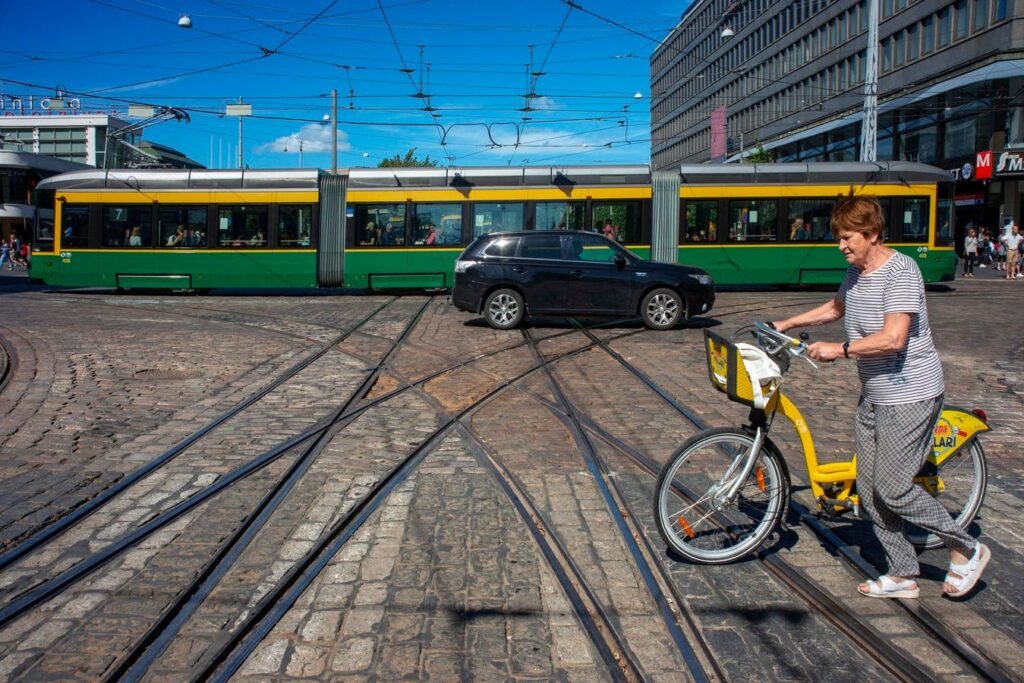Helsinki has made significant strides in reducing carbon emissions per capita, with a 60% decrease since 1990, according to new figures released by the City of Helsinki. Total carbon emissions dropped by 25.4% overall and by 27% per capita in 2023, marking the largest recorded drop in numbers to date. The city has surpassed its goal of reducing total CO2 emissions by 45% from the 1990 baseline, with a 60% reduction per capita over the same period. A key factor in these efforts has been the decommissioning of the Hanasaari coal-fired power plant, allowing Helen, the city’s energy company, to halve its use of coal as a power source.
The closure of the coal-fired power plant has led to a 35% decrease in emissions from district heating and a 23% decrease in emissions from electricity consumption. The city has set a new goal of becoming carbon neutral by 2030, with plans to decommission the remaining coal-fired plant in 2025. Despite these efforts, traffic remains the largest carbon emitter in the city, with the municipal authority now focusing on ways to reduce emissions in this area. Measures being considered include incentivizing residents to use transport options with lower emissions, such as walking, cycling, and public transport.
Helsinki Region Transport (HSL) has already exceeded its target of electrifying 30% of the bus fleet ahead of schedule, with plans for more high-speed tram projects in the works. The share of electric cars in the city has also increased significantly, with rechargeable cars making up approximately 16.7% of all cars actively in traffic in 2023, compared to 3.4% in 2020. The city council is also focusing on reducing “Scope 3” carbon emissions, which are generated outside the city but still contribute to overall emissions. This includes setting targets for the life cycle carbon footprint of residential buildings, influencing building materials to decrease emissions in other locations.
Helsinki is recognized internationally as a hub for cleantech and green energy innovation, attracting global talent and businesses to pioneer new solutions. The city’s climate director, Hanna Wesslin, emphasized the importance of sustainable urban transportation initiatives, such as investments in electric vehicles, bike lanes, and public transit. The city aims to be better prepared for a future centered around a green urban mobility network, with new proposals set to be announced in the autumn. Deputy Mayor Anni Sinnemäki highlighted the importance of collaboration between European, national, and local leaders to achieve ambitious sustainability targets. She emphasized the need for comprehensive and systematic approaches, as well as setting mid-term timetable targets for 2030 to create a sense of urgency and foster investment and commitment from various stakeholders.

